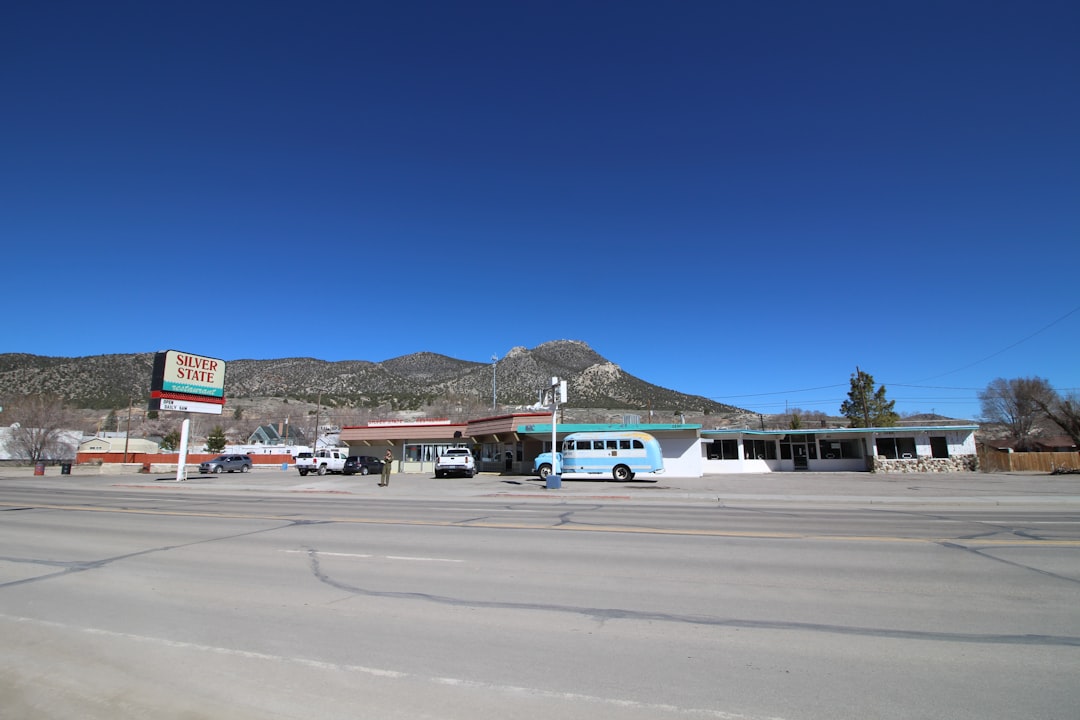In Nevada, the "Do Not Call" law safeguards residents from intrusive telemarketing activities by prohibiting businesses, especially law firms and attorneys, from making unsolicited calls to registered numbers. Nevadans can enroll in this list to prevent unwanted sales pitches and legal advice. However, certain exceptions exist for calls with prior consent, legal notifications, emergencies, and specific entities like creditors and charities. While "Do Not Call" laws offer protection, residents still require legal assistance for complex issues. A "Do Not Call Lawyer Nevada" can help navigate legal systems, ensuring fair treatment without involving a lawyer for every matter. Non-profit organizations provide affordable legal services to support residents' interests.
In Nevada, the ‘Do Not Call’ law is a game-changer, offering residents much-needed relief from unwanted sales calls. However, despite this regulation, there are still instances where legal advice is crucial. This article explores Nevada’s Do Not Call Act, uncovers common scenarios where a do not call lawyer is essential, and provides insights into exceptions. From understanding your rights to finding the right legal assistance, it ensures Nevada residents can navigate this law effectively and protect their privacy. Discover more on engaging a do not call attorney or firm in Nevada for tailored guidance.
Understanding the Do Not Call Law in Nevada

In Nevada, the “Do Not Call” law is a powerful tool designed to protect residents from unwanted telemarketing calls and sales pitches. This legislation restricts businesses, including law firms and attorneys, from making phone calls to individuals who have registered on the state’s Do Not Call list. The primary purpose of this law is to give Nevada residents control over their personal phone lines, ensuring they are not bombarded with unsolicited calls.
The Do Not Call Law in Nevada applies to any caller making telemarketing or sales calls, and it covers a wide range of communications, including live operators, automated messages, and prerecorded commercials. If a resident wishes to opt-out of these calls, they can register their number on the official Nevada Do Not Call list. Once registered, law firms and lawyers in Nevada must comply with this regulation, ensuring they obtain prior consent before contacting potential clients through phone calls. This means that if you’ve registered your number, you can expect a reduction in unsolicited legal advice or marketing calls from law firms and attorneys across the state.
Why You Might Need a Lawyer Despite the Do Not Call Rule

Despite the “Do Not Call” laws in Nevada, there are still instances where engaging the services of a lawyer becomes necessary and even crucial for residents facing legal issues. While these regulations limit unsolicited phone calls from attorneys, they do not eliminate the requirement for legal counsel in various circumstances.
For example, if you’ve been involved in a traffic accident or suffered an injury on someone else’s property, understanding your rights and navigating the legal system can be complex and intimidating. A Do Not Call lawyer in Nevada can provide much-needed guidance, ensuring you’re aware of your options and protecting your interests throughout the process. Similarly, in matters regarding contracts, real estate transactions, or business disputes, having a legal professional by your side is essential to safeguarding your rights and achieving favorable outcomes.
Navigating Exceptions and Exclusions in Nevada's Do Not Call Act

In Nevada, residents have the right to opt-out of unsolicited phone calls from attorneys and law firms through the state’s Do Not Call list. However, it’s essential to understand that this act isn’t a one-size-fits-all policy. There are specific exceptions and exclusions that cater to various scenarios. For instance, calls made with prior express consent or those from a lawyer representing an existing client are exempt. Legal notifications, automated messages, or calls initiated for emergency purposes are also not subject to the restrictions.
Moreover, law enforcement agencies, financial institutions, healthcare providers, and charities are allowed to contact residents with certain legal or informational messages. Additionally, if a consumer has an outstanding debt, creditors or collection agencies may still reach out. These exclusions ensure that critical communications don’t get hindered while offering Nevadans a much-needed respite from unwanted telemarketing calls from lawyers and law firms.
Your Rights and Resources: Finding the Right Legal Assistance in Nevada

In Nevada, residents have a variety of legal resources and support systems available to them when facing issues that might require legal assistance. However, it’s crucial to understand your rights and navigate the legal landscape effectively. Many individuals mistakenly believe that involving a lawyer is the only course of action, but this isn’t always necessary. The “Do Not Call” laws, particularly in Nevada, are designed to protect consumers from aggressive sales tactics by lawyers and law firms. These laws allow residents to opt-out of unsolicited phone calls from legal professionals, ensuring a more peaceful and informed decision-making process.
By knowing your rights, you can make informed choices about seeking legal help. For less complex matters, self-representation or utilizing free community legal clinics can be viable options. Additionally, there are numerous non-profit legal services organizations in Nevada dedicated to providing affordable legal assistance to those who need it. These resources empower residents to protect their interests while steering clear of unnecessary legal fees and the stress associated with “Do Not Call” lawyer campaigns.






